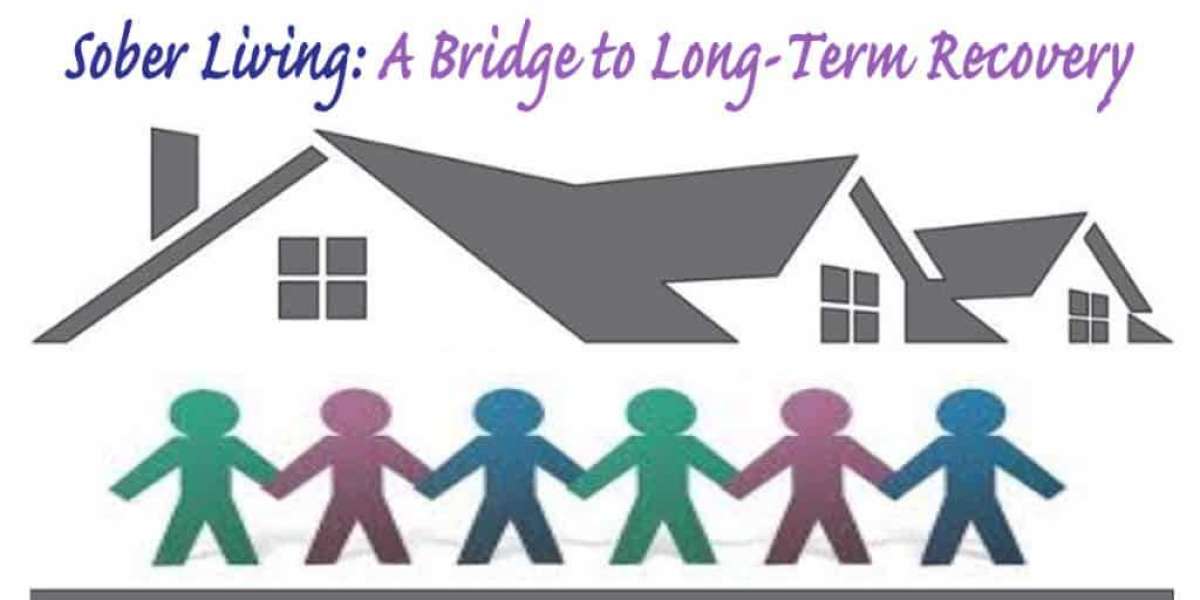The sober living lifestyle allows people to live a drug-free lifestyle while still maintaining their social and professional networks. This is crucial for a person's long-term recovery because it removes the temptation to use drugs and alcohol. Many people find social events challenging because they are filled with temptation. Sober living houses provide these people with a substance-free atmosphere.
To become sober, individuals must make a commitment to change their lifestyles and create new, healthy habits. In addition to making a conscious effort to change bad habits, they must also develop a new set of social relationships. This includes making sober friends and joining recovery community organizations. Additionally, they should seek professional addiction recovery care.
In addition to allowing people to develop new friendships, sober living homes can also provide valuable support. Living with other recovering individuals can help individuals stay accountable for their actions and develop meaningful relationships with their roommates. These relationships are critical to a person's mental and emotional health. After completing treatment or rehab, many people find it difficult to reintegrate into society. Sober living homes can help them achieve that goal, as they allow them to resume work and school.
It is a transitional living situation between inpatient treatment and independent living after treatment
Sober living is a transitional program for individuals recovering from drug and alcohol addiction. These programs are staffed by trained professionals and are available 24 hours a day. Residents of these programs are not permitted to use drugs or alcohol and are required to attend recovery programming. They are also subject to clear rules, such as curfews, occupational requirements, and chore sharing.
Sober living homes require a monthly fee, which covers the cost of maintaining the facility. Some of these homes have resident councils that help regulate the daily life of residents, enforce house rules, and provide peer support. Others are more like boarding houses, with stricter abstinence requirements and no final say in rule-making.
The key to successful sobriety is not only in the treatment, but also in a sober living environment. A sober living environment will teach you how to live independently and reduce the risk of relapse. These houses are temporary, but can serve as a valuable resource for individuals transitioning from rehab to independent living.
It fosters peer encouragement
Peer encouragement is an important component of sober living. In addition to providing accountability, peer support can help individuals maintain their recovery and help them become more engaged with their local recovery community. Many 12-step programs incorporate peer support into their treatment plans. For example, the sponsorship step of recovery includes a relationship with a mentor or sponsor, someone who is more experienced in recovery than the individual. These relationships are meant to be temporary. Often, individuals will have multiple sponsors or mentors.
Peer support programs are open to anyone in recovery who is looking for support. These programs are structured around four basic forms of social support. These supports provide a sense of belonging and encourage members to participate in recreational activities without fear of triggering an alcoholic relapse. Peer support programs are also a valuable resource for finding sober friendships and support groups.
Research has shown that peer support communities can improve the outcomes of substance abuse treatment. In addition to helping people manage their addiction, these programs also help them develop their interpersonal relationships, which are important for lasting recovery.
It promotes accountability
One of the key components of sober living is accountability. Whether a person is sober or struggling with substance abuse, accountability can help keep a person focused on their goals. It also helps a person remain motivated to stay sober. In sober living, accountability is provided by a group of peers or sober support.
Accountability is a crucial part of recovery and the healing process, and it continues after treatment. In sobriety, accountability is about following the rules of recovery, accepting responsibility for your actions, and following through with your goals. In addition, it helps keep people safe while in recovery. For those who are struggling with alcoholism and drug addiction, living in a sober home fosters accountability.
Accountability helps people avoid blaming others. Addicts who do not take responsibility for their actions find it difficult to break free from addiction. They may try to justify their behaviors by blaming others, which makes it easier to use or drink. Accountability also helps individuals develop emotional sobriety.








